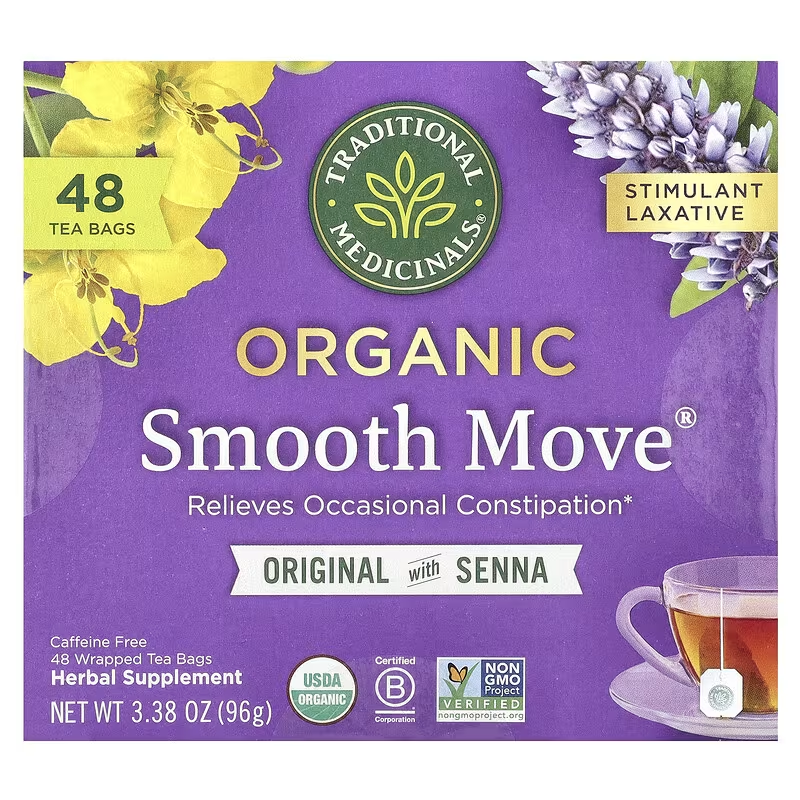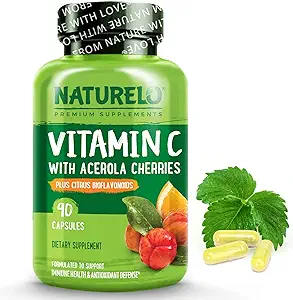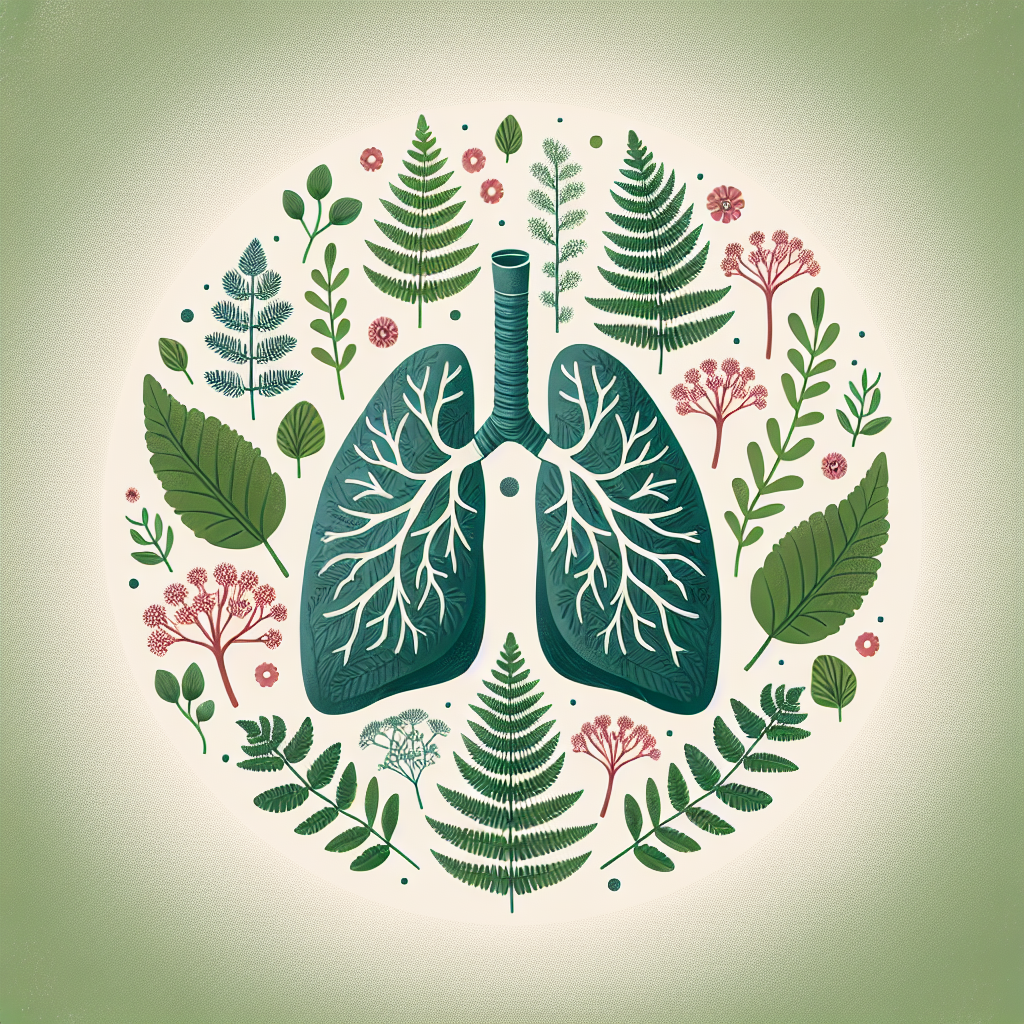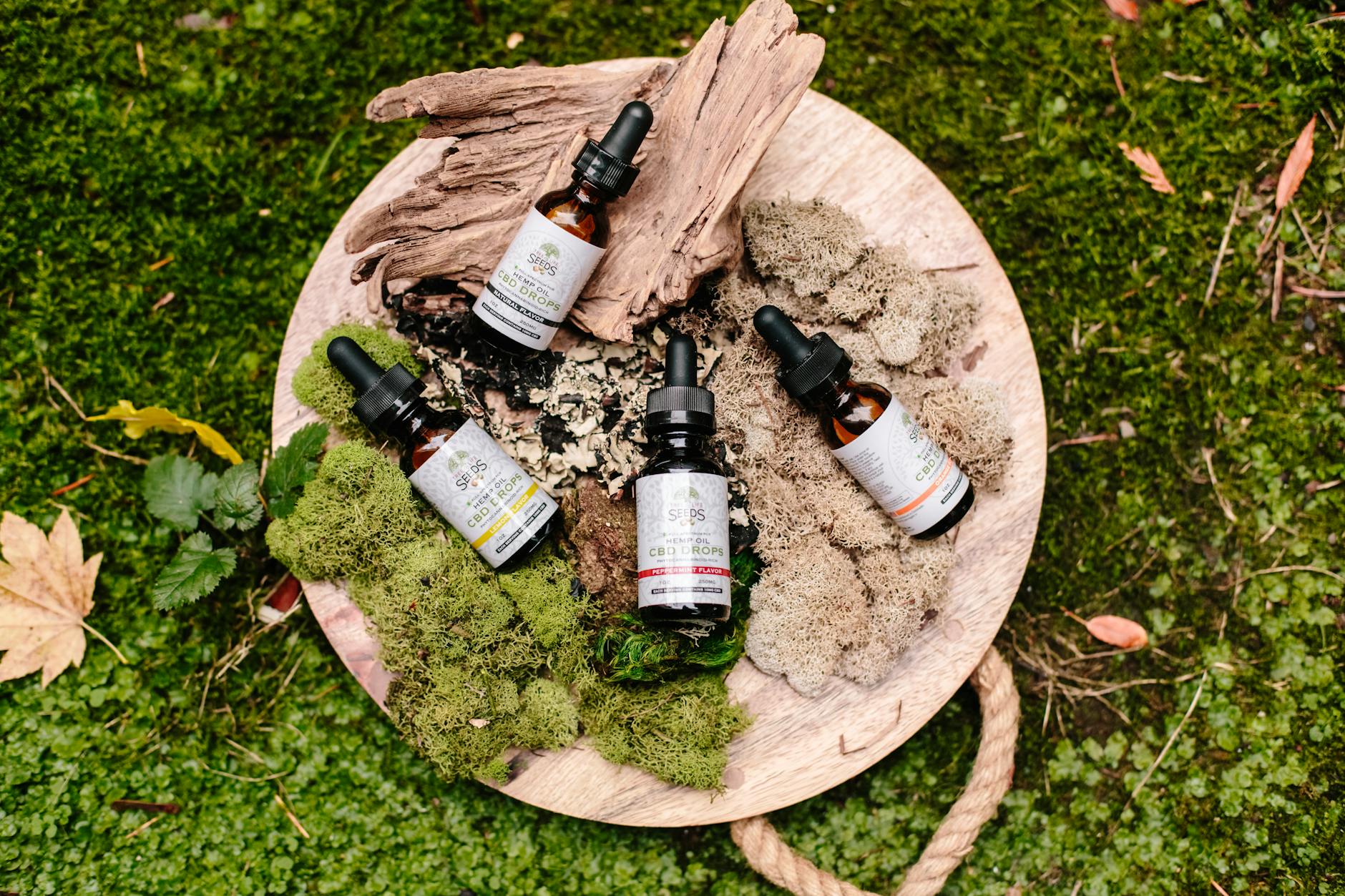Our immune system is designed to protect us from microorganisms that can make us sick. From time to time, however, it can fail, leaving us succumbing to illnesses. While we cannot always prevent this, there are natural immune boosters that can help keep our body’s defense mechanism in top shape.
Vitamin C, also known as ascorbic acid, is one of the most popular immune boosters. It aids the growth and repair of tissues, supports a healthy immune system, and strengthens your body’s ability to withstand infections. Citrus fruits like oranges, grapefruits, and tangerines are rich in vitamin C. You can also source it from strawberries, bell peppers, spinach, kale, and broccoli.
Vitamin E
Vitamin E is a powerful antioxidant helping combat free radicals in your body, which could otherwise harm your cells and deteriorate your immune system. Foods rich in vitamin E include nuts, seeds, spinach, and broccoli.
Protein
Protein carries out a host of important functions within the body, including enabling the immune system to maintain and produce healthy cells. It also helps develop antibodies that ward off viruses and bacteria. Opt for lean proteins like poultry, seafood, eggs, yogurt, and also plant-based protein sources like beans, lentils, quinoa, and tempeh.
Zinc
Zinc is a crucial mineral that boosts the immune system and helps prevent common infections. Lack of zinc can render your immune cells less effective and slower to respond. You can find zinc in red meat, poultry, oysters, fortified cereals, beans, nuts, and dairy.
Probiotics
Probiotics are beneficial bacteria that populate your gut, significantly influencing your overall health. They help boost immune function by stimulating the body’s natural defenses and preventing the growth of harmful pathogens. Sources include yogurt, kefir, fermented vegetables, and kombucha.
Garlic
Historically known for fighting infections, Garlic contains compound allicin, which has significant immune-boosting properties. Regular garlic consumption could mean fewer colds and a faster recovery when you do get sick.
Ginger is a powerful immune booster, offering anti-inflammatory, antibacterial, and antioxidant benefits. It also improves circulation, promoting the distribution of nutrients throughout the body.
Sunlight
Sunlight prompts the skin to produce vitamin D, a key player in maintaining optimal immune function. Lack of vitamin D can potentially increase your risk of infection and disease. Around 10-15 minutes of daily sun exposure can be beneficial.
Exercise
Physical activity not only strengthens your heart and bones but also boosts your immune system by promoting good circulation. Regular exercise allows immune cells and substances to move freely through your body and perform their job efficiently.
Sleep
Adequate, quality sleep supports the proteins and cells of your immune system to detect and destroy harmful invaders. Lack of sleep could potentially disrupt this process. Aim for seven to eight hours a night for the best immune health.
Stress Management
Chronic stress suppresses the immune response by releasing the hormone cortisol. When cortisol levels are constantly high, it essentially blocks the immune system from doing its job to protect the body against potential threats. Mind-body practices like meditation and yoga can help tame stress and boost your immune function.
The bottom line is, the best way to boost your immune function is to live a healthy lifestyle. Balanced nutrition, regular exercise, adequate sleep, and stress management can all contribute to good immune health and help you stay disease-free. Nevertheless, before making any significant changes to your diet or lifestyle for immune-boosting purposes, it is always ideal to consult with a healthcare professional.
Related
Discover more from NatureZen Market
Subscribe to get the latest posts sent to your email.




![The Evolution of Tea For Weight loss A Journey from Past to Present - NatureZen Market The Evolution of [tea for weight loss]:](https://naturezenmarket.com/wp-content/uploads/2024/10/DALL·E-2024-10-13-22.54.24-A-1_1-ratio-1024x1024-image-illustrating-tea-for-weight-loss.-The-scene-features-a-cup-of-green-tea-with-steam-rising-surrounded-by-ingredients-com.webp)






